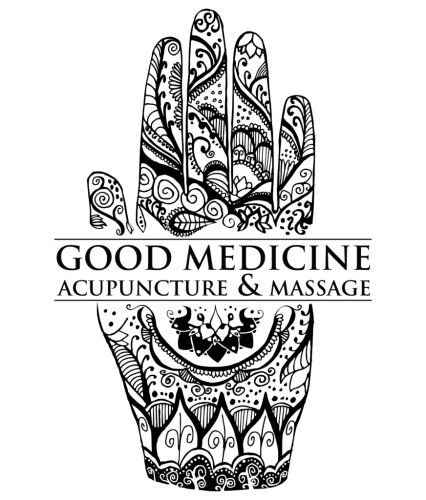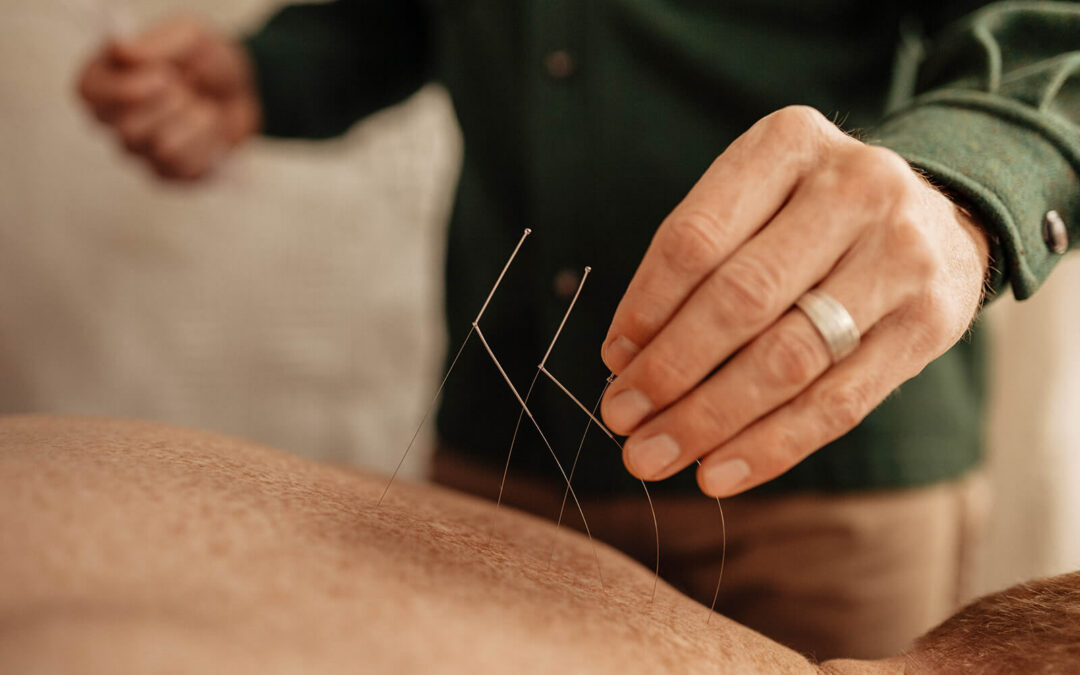What is Trauma?
Lots of people have experienced some type of trauma in their lifetime. For each person, the recovery and influence of that trauma varies. Trauma can be emotional or physical – but the unifying factor is that it is lasting and painful. Some intense experiences that can result in a trauma response are, car accidents, surgical procedures, natural disaster, birth, physical or emotional abuse, and loss. Each comes with their own burden.
If you are experiencing some type of trauma, you are not alone. Acupuncturists have helped individuals recover from trauma for centuries using proven techniques that can provide you with the relief you need.
Emotional vs. Physical Trauma
Emotional trauma is unique to the individual. Whereas one person can face the end of relationship, a death, or life-changing event and move forward, some people find they are suffering from ongoing side effects of their mental anguish.
Emotional trauma results in symptoms like, intrusive and distressing thoughts, memories, dreams, flashbacks and proneness to avoid situations that potentially remind one of a previous stressful instance.
Physical trauma is a familiar thing to many and can result in being subconsciously overprotective of that part of the body. Physical trauma often accompanies aches and pains, rapid heart rate, fatigue, and sometimes, anxiety and panic attacks. When left unattended, trauma can manifest in psychological stress disorders like PTSD and unhealthy tendencies that deplete one’s quality of life.
Trauma – in either form – is a normal part the human experience and, above all, treatable!
Trauma Treatments and Traditional Chinese Medicine
When the body and brain experience trauma, our natural fight or flight response is kicked into overdrive. Our brains become jumbled or cluttered and our bodies shift into survival mode. Fight or flight is a high-adrenaline focused response and can result in foggy-headedness, difficulty expressing your thoughts, trouble understanding your emotions, or an inability to focus on work or relationships.
Although this stressful response lessens over time, we are still left with the taxing aftermath of that troubling snapshot. Many people feel not quite like themselves after a traumatic event. While this may feel like a new normal, you can find the balance you once had with some self-care and regular treatments.
Treatments for traumatic stress have best results when approached holistically along with implementing treatment plans that utilize complimentary modalities for healing.
Chinese Medicine teaches that there is a direct connection between the mind, the body, our emotions and illnesses (like PTSD).
Trauma symptoms such as grief, anger, fear, sadness and anxiety can wreak havoc on your body, mind and life energy (or qi). If left unexpressed, the result is an inability to allow qi to adequately flow through the body. Stagnant qi can exacerbate existing disorders or create new ones, so it is important to find regular treatments to give your mind and body relief.
Disorder in the balance of qi results in perpetuating – or worse increasing – physical and emotional pain.
Acupuncture relieves the severity and symptoms of trauma in a fashion that prevents an individual from having to relive a negative experience.
Acupuncture’s approach to PTSD healing is to locate the core of the individual’s distress instead of treating only superficial symptoms.
Scientifically, acupuncture assists in calming the autonomic nervous system allowing you to easily regulate breathing and blood pressure levels. Relaxed breathing and lower blood pressure allows the body to more easily avoid anxiety responses such as hyperventilation or panic attacks.
In addition to aiding the autonomic nervous system, acupuncture also assists in the regulation of the sympathetic nervous system which regulates the body’s flight or flight responses as well as the cardiovascular structure. Regular acupuncture sessions will help decrease an accelerated heart rate and help mental healing become your focus.
By relieving the biological aspects of your trauma, you can get to the root of the mental or emotional problem that is triggering the physical response.
The Power of Mindfulness
Mindfulness is a form of meditation that focuses on recognizing the feelings, thoughts and emotions one is feeling as they happen in real time. A judgement-free and non-confrontational practice, meditation utilizes breathing and visualization methods to accept, change, and dismiss distressing or uncomfortable thoughts rather than challenging them head on.
In terms of trauma and PTSD, this technique serves to separate the negative thoughts, feelings, and emotions from the individual. These kinds of all-consuming and hard to release feelings do not define a person – only their trauma.
By creating a separation between the two, healing is promoted and you can eventually return to a state of healthy thought patterns.
When paired with evidence based treatments such as mindfulness, acupuncture becomes all the more powerful in lending a helping hand to healing. Regardless of when in life a person’s trauma occurs, it is never too late to seek help to improve personal well-being.
Have you recently experienced a trauma in your life? Acupuncture is a holistic treatment that can help you overcome both the physical and mental stress that accompanies that pain. See if it will help you. It’s worth a try.
Read our case study on using acupuncture & massage for a motorcycle accident.


Recent Comments